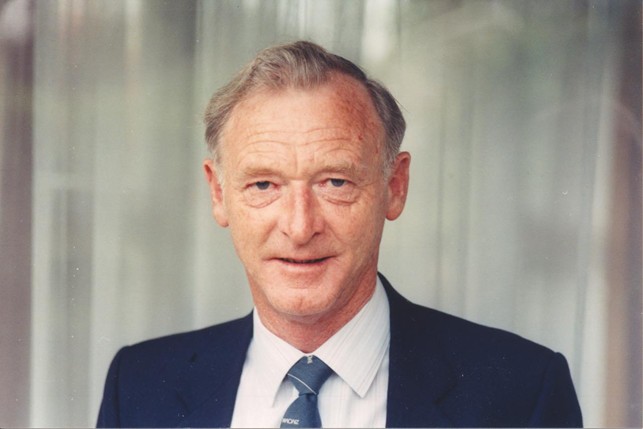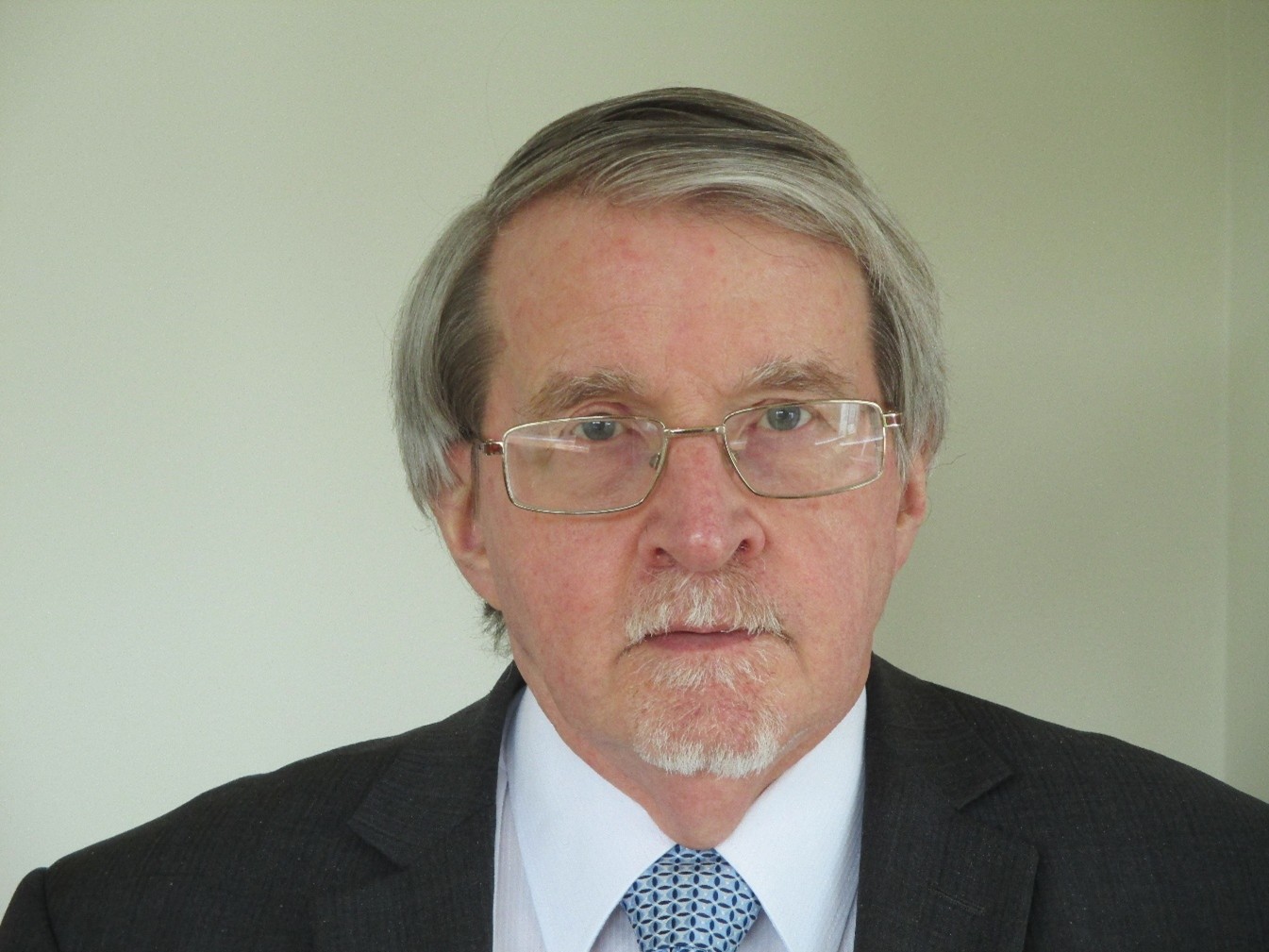Dr Jim Ellis received his primary and secondary school education in Invercargill before going on to study at the University of Otago, graduating in 1952 with an MSc (First Class Honours). Following this, he worked at Dominion Laboratory in Dunedin and Wellington (in food chemistry and paint chemistry) for 3 years before returning to the University of Otago to complete a PhD in hydrothermal geochemistry. The chemistry of natural hydrothermal areas in New Zealand and the physical chemistry of aqueous electrolyte solutions above 100°C continued to be among his main research interests throughout his career. In 1962 he was awarded the ICI Prize and Medal for his work in this field (see: the 1962 article for Chemistry in New Zealand entitled, The Chemistry of Hot Water Solutions: https://nzic.org.nz/unsecure_files/cinz/1962-26-5.pdf)
In 1958 Dr Ellis was appointed as the Head of the Inorganic section of Dominion Laboratory and was tasked with building a team to service the geochemistry requirements of geothermal areas in the North Island. The team undertook wide-ranging research which spanned from studying the chemical properties of high temperature water solutions to chemical volcanology. At this time, New Zealand was the first country in the world to develop and utilise a water-dominated geothermal resource for electricity generation, first at Wairakei and then at Ohaaki, and has continued to be a world leader.
The research team that Dr Ellis established and led made pioneering contributions over very many years to the understanding of geothermal chemistry, rock-water interactions, chemical geothermometers and the behaviour of geothermal brines at elevated temperatures and pressures. The numerous publications emanating from their research are foundational papers that are frequently referred to in geothermal studies worldwide. They developed and used new analytical methods to measure elemental compositions, chemical equilibria, pH and redox properties of the chemically complex geothermal brines, at elevated temperatures and pressures. The work was carried out at the Department of Scientific and Industrial Research (DSIR), Chemistry Division Laboratories in Gracefield, Lower Hutt and at the Wairakei Laboratory. He also collaborated with scientists at the Institute of Nuclear Sciences, Gracefield, on similarly pioneering research in the use of stable isotopes for tracing and temperature measurements in geothermal systems. In 1977 Dr Ellis, together with Tony Mahon, published a hallmark scientific textbook on Chemistry and Geothermal Systems (Academic Press), which continues to be referred to today.
In the 1960s Dr Ellis was awarded a Nuffield Fellowship to study geochemistry at Imperial College and electrotype chemistry at the University of Southampton. Following this he was a consultant for the United Nations as well as other international organisations and was involved in geothermal developments in a number of countries.
Dr Ellis was appointed Director of the DSIR Chemistry Division in 1971, just ahead of a time of rapid expansion in industrial chemistry, mineral development, energy and health and forensic sciences. In 1979/1980 he became the Assistant Director General of DSIR with responsibility for a number of divisions and was Director General from 1984 -1989.
Dr Ellis became an associate of the NZIC in 1954 and was elected as a Fellow in 1962. He took on a number of roles in the NZIC including Secretary and Council delegate for the Otago Branch in the 1950s, President of the Wellington Branch in 1962, Chair of the conference committee in 1972, and national President of the NZIC in 1980. He was president during the Institute’s Golden Jubilee Year (1981). Dr Ellis was later elected an Honorary Fellow of the Institute in recognition of his distinguished career in chemistry and exceptional contribution to the NZIC.
As well as his significant contributions to the NZIC, he was an executive member of a number of other organisations and a Fellow and Council Member of RSNZ. He received many accolades including the NZAS research medal in 1962, and was elected JC Young Man of the year in 1968. Dr Ellis was made an Officer of the British Empire (OBE) in the 1990 New Year Honours.
Dr Ellis was married to Dawn and had four children (Karen, Leith, Andrea and Sonya). He also had many feline companions over the years, the last of these was his beloved cat Dora. In his spare time he had several hobbies, one of which was woodworking. He put this skill to practical use when designing and building a beach house at Riversdale in the 1970s and in later years worked with his son to build his Waikanae home. Jim was also a keen gardener and he and Dawn were members of the Horticultural Society in Waikanae for many years.





